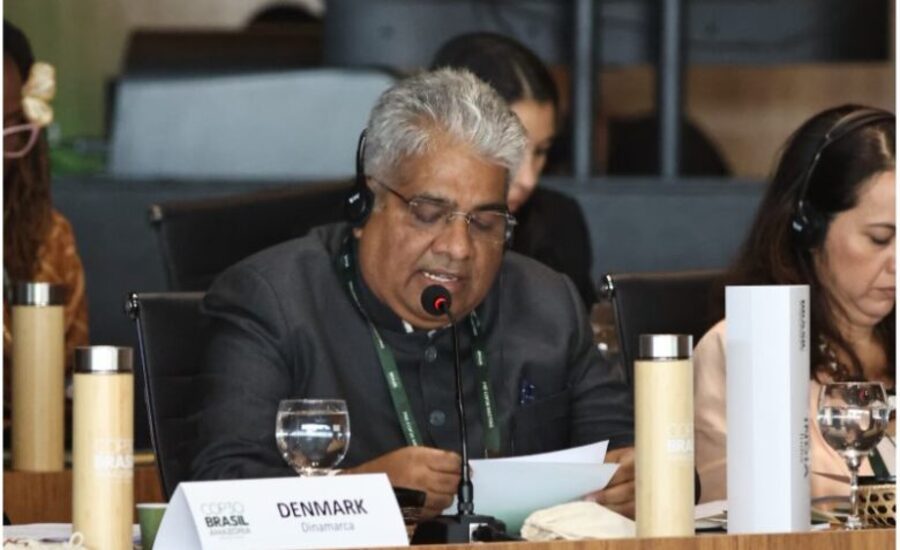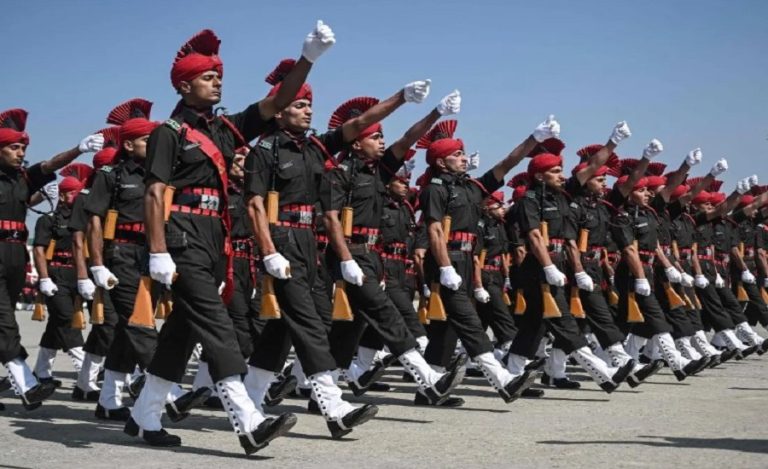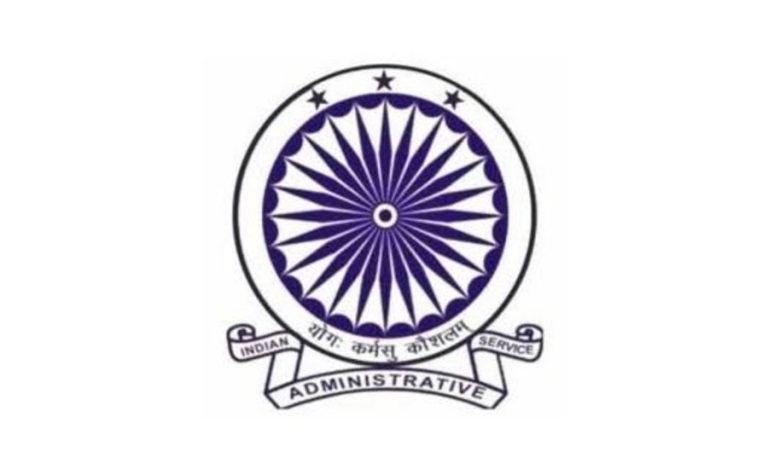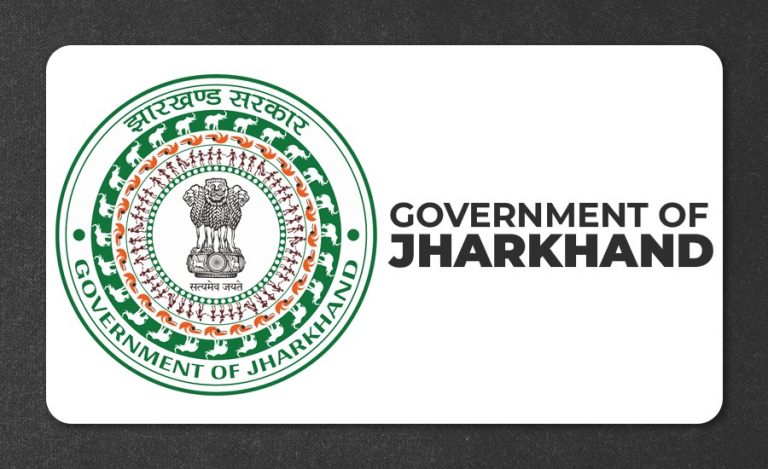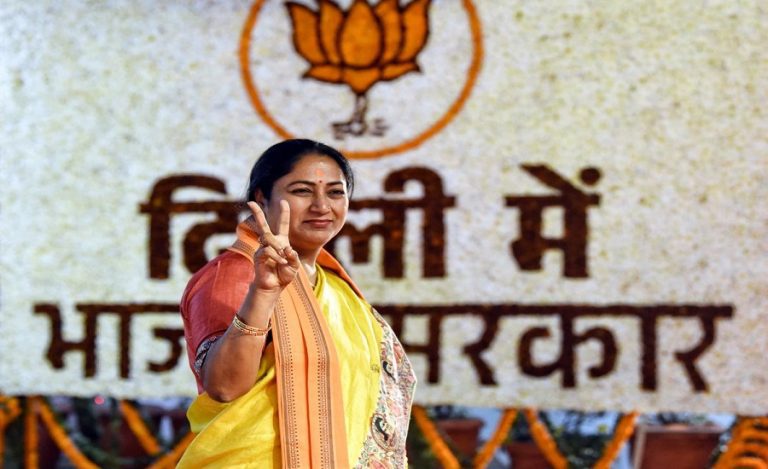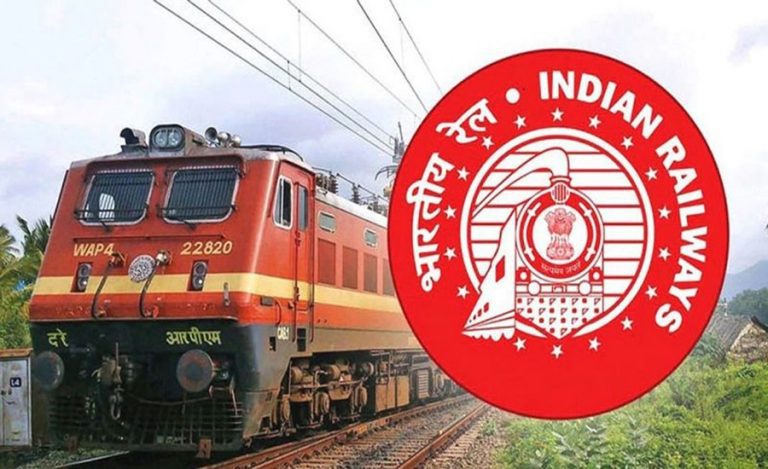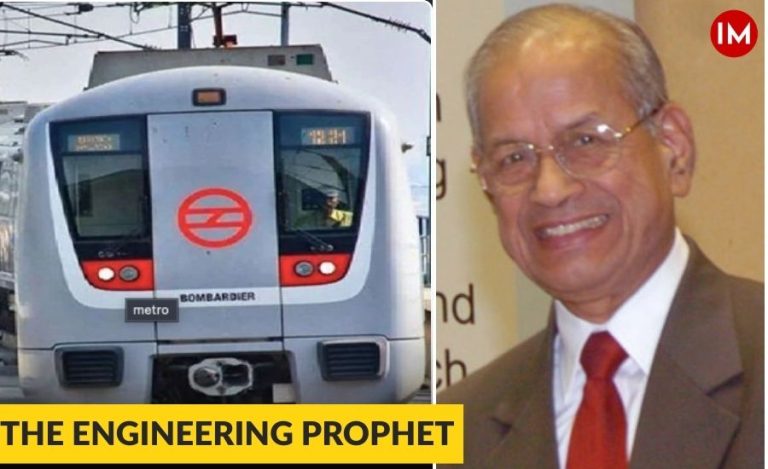Brasilia: In a strong pitch for translating climate commitments into tangible action, Union Environment Minister Bhupender Yadav told global climate negotiators that the time for endless reviews has ended and urged developed nations to urgently address the resource gap facing developing countries.
Addressing the Global Stocktake (GST) breakout session During Pre-COP30 meetings in Brasilia on October 13, Yadav emphasized India’s commitment to the Paris Agreement while calling for a more balanced and streamlined approach to future climate assessments.
Pre-COP30 Brasilia: Dialogue Important, But Action Imperative
“We must now focus on implementing ambitious climate measures and, above all, addressing the most pressing challenge: the urgent lack of resources for developing countries to deliver adaptation and mitigation,” Yadav declared at the ministerial preparatory meeting.
The Minister’s statement came as a direct message to developed nations. He stressed that continuous reviews without corresponding action undermine the climate agenda’s credibility.
“Dialogue is important, but action is imperative,” he added, signaling India’s growing impatience with procedural delays.
Global Stocktake: The Paris Agreement’s Engine
Yadav acknowledged the successful conclusion of the first Global Stocktake, describing it as significant affirmation that the Paris Agreement is being implemented earnestly.
The GST is a five-year assessment process designed to evaluate collective global progress toward Paris Agreement goals.
According to the Minister, it performs three essential roles: enabling countries to evaluate progress, identify gaps, and guide enhanced domestic and international action.
“The GST functions as the driving force of the Agreement, fostering political momentum and sustaining dynamic efforts toward higher ambition,” Yadav explained during his address to fellow ministers and climate negotiators.
Pre-COP30 Brasilia: Science Must Be Rigorous and Inclusive
In a notable intervention, the Environment Minister cautioned against rushing scientific assessments into future Global Stocktakes without proper discussion on their global relevance.
“Science must follow rigor, accuracy, and robustness, with due consideration from all relevant sources,” Yadav stated, emphasizing the need for inclusive scientific processes that consider perspectives from developing nations.
His comments reflect concerns that climate science assessments should not be dominated by developed country institutions alone.
Pre-COP30 Brasilia is Setting the Stage for Belém
The Pre-COP30 meetings in Brasilia, held on October 13-14, serve as crucial preparatory discussions ahead of the main 30th Conference of the Parties (COP30) to the United Nations Framework Convention on Climate Change (UNFCCC), scheduled for November in Belém, Brazil.
India has been advocating that COP30 should be the “COP of Adaptation,” focusing on transforming climate commitments into real-world actions that directly improve people’s lives, particularly in vulnerable developing nations.
The ministerial gathering brings together environment ministers, negotiators, and climate experts from across the globe to negotiate key agenda items before the main summit.
India’s Growing Climate Leadership
Under Prime Minister Narendra Modi’s leadership, India has emerged as a significant voice for developing nations in global climate negotiations.
The country has committed to ensuring at least 40% of its electricity generation comes from non-fossil sources by 2030, and has become a global leader in solar energy deployment.
Minister Yadav’s interventions at Brasilia underscore India’s balanced approach—supporting ambitious climate action while insisting that historical responsibilities and current capabilities must inform the burden-sharing mechanism.
Pre-COP30 Brasilia: The Resource Gap Challenge
The Minister’s emphasis on urgent resource mobilization highlights a critical bottleneck in global climate action. Developing countries have consistently pointed to the shortfall in climate finance from developed nations.
The Paris Agreement recognizes that developed countries should provide financial resources to assist developing nations with both mitigation and adaptation efforts. However, the promised $100 billion annual climate finance goal has seen delayed and incomplete fulfillment.
Yadav’s call for addressing this “most pressing challenge” reflects the growing frustration among developing nations that lack the financial capacity to implement ambitious climate measures without external support.
Pre-COP30 Brasilia: Multilateralism Remains Cornerstone
In the ministerial roundtable, Yadav underlined that as the world marks a decade since the adoption of the Paris Agreement, COP30 must reaffirm faith in multilateralism, equity, and collective resolve.
“COP30 must send a resolute political message that multilateralism remains the cornerstone of global climate action,” he stated, highlighting initiatives taken under PM Modi’s leadership that embody action-oriented and cooperative multilateralism.
Looking Ahead to COP30
India’s positioning at Pre-COP30 Brasilia sets clear expectations for the main summit in Belém. The country is pushing for:
- Streamlined and balanced Global Stocktake processes
- Urgent mobilization of climate finance for developing nations
- Focus on adaptation alongside mitigation
- Recognition of differentiated responsibilities
- Action-oriented outcomes over procedural discussions
As global attention turns toward COP30, India’s voice carries significant weight representing not just its 1.4 billion citizens but also the interests of developing nations struggling to balance development aspirations with climate responsibilities.
Minister Yadav’s interventions in Brasilia have made it clear that India expects COP30 to deliver concrete results, not just ambitious declarations

